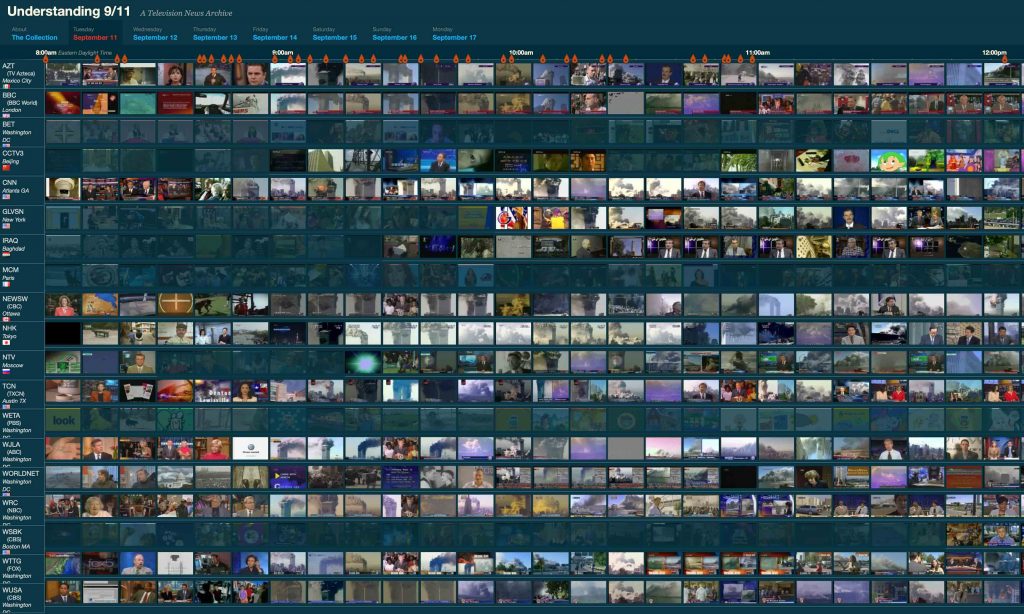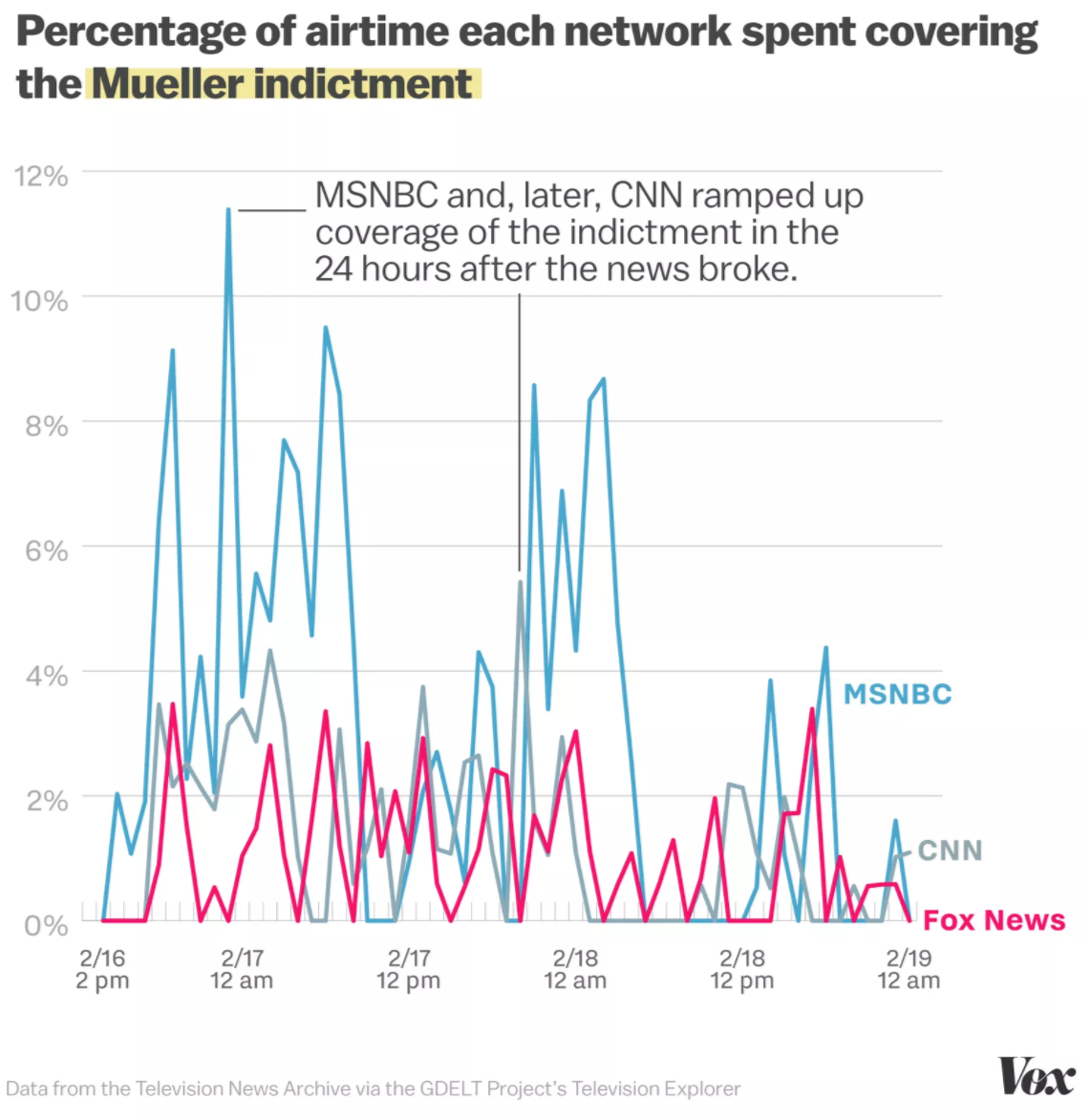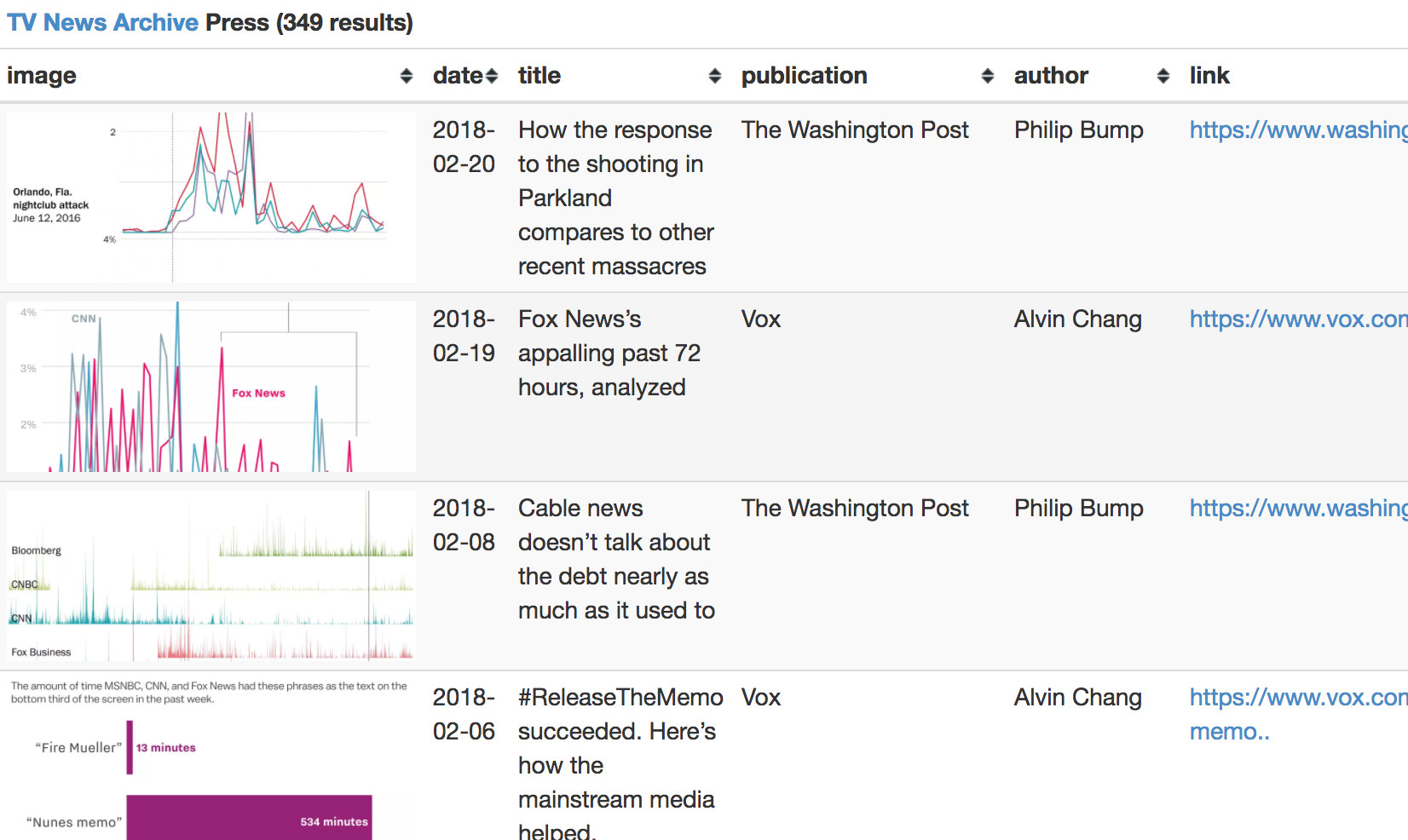On Thursday, September 9, the Internet Archive will host an online webinar, “Reflecting on 9/11: Twenty Years of Archived TV News” Learn from scholars, journalists, archivists, and data scientists about the importance of archived television for gaining insights into our evolving understanding of history and society.
Participants include the Internet Archive, The American Archive of Public Broadcasting, The Vanderbilt Television News Archive and UCLA Library’s NewsScape TV News Archive. Speakers will include Roger Macdonald (Founder, Internet Archive’s TV News Archive), Jim Duran (Director, Vanderbilt Television News Archives), Karen Cariani (David O. Ives Executive Director, GBH Archives and GBH Project Director, American Archive of Public Broadcasting), Todd Grappone (UCLA Associate University Librarian for Digital Initiatives and Information Technology), Kalev Leetaru (Founder, Global Database of Events, Language and Tone Project), and Philip Bump (Washington Post national correspondent focused largely on the numbers behind politics)
Please register in advance for the September 9 webinar (11:00 AM – 12:30 PM PDT)
Journalists and scholars: as you prepare 20th anniversary 9/11 reporting and analysis, these unique resources are available:
- Internet Archive’s 9/11 Television News Archive – a browsable library of TV news from U.S. and international broadcasters from 19 networks, over seven days, from the morning of September 11 through September 17, 2001. Contact: Josh Baran 917-797-1799
- The Vanderbilt Television News Archive (VTNA) – Founded in 1968, the Archive’s collection includes TV news of attacks on 9/11/2001 coverage during the following weeks broadcast by ABC, NBC, CBS and CNN. Over 270 hours of footage is available for viewing and research. The VTNA records and preserves national television broadcasts of the evening news on ABC, CBS, and NBC with the addition of the primetime news program on CNN in 1995 and the Fox News Channel in 2004. In addition to these nightly recordings, the VTNA also monitors television news networks for breaking live events. Contact: Jim Duran – 615-936-4019
- The American Archive of Public Broadcasting (AAPB) marks the 20th anniversary of the 9/11 terrorist attacks by releasing a new 9/11 Special Coverage Collection of 68 public television and radio programs from stations across the country covering the events of the attacks and the aftermath. Among the featured programs are coverage of 9/11 and its anniversaries by The Newshour with Jim Lehrer, the PBS News Hour, and much more. The AAPB is a collaboration between Boston public media producer GBH and the Library of Congress to preserve and make accessible culturally significant public media programs from across the country. Contact: Emily Balk, GBH External Communications Manager – 617-300-5317
- UCLA Library’s NewsScape TV News Archive contains digitized television news programs collected from cable and broadcast sources in the Los Angeles area from 2005 to the present, as well as a smaller number of news programs from other domestic, international, and online sources collected from 2004 to the present. The archive includes hundreds of thousands of hours of news programs, which are indexed and time-referenced via their closed captions and other associated metadata to enable full-text searching and interactive streaming playback.

Background:
- 500+ archived 9/11-related websites curated by The National September 11 Memorial Museum using the Internet Archive’s Archive-It service
- Internet Archive’s Open Library offers a list of 2,630 published works about the 9/11 attack
- A decade ago, on the 10th anniversary of 9/11, NYU’s Department of Cinema Studies hosted a conference that featured work by scholars using television news materials to help us understand how TV news presented the events of 9/11 and the international response. “Learning from Recorded Memory”
- This fall, the Internet Archive celebrates its 25th anniversary.
- The Internet Archive’s TV News Archive repurposes closed captioning as a search index for nearly three million hours of U.S. local and national TV news (2,239,000+ individual shows) from mid-2009 to the present. The public interest library is dedicated to facilitating journalists, scholars, and the public to compare, contrast, cite, and borrow specific portions of the collection. Advanced quantitive analysis opportunities and data visualizations are available via the collaborating GDELT Project’s Television Explorer and AI Television Explorer.
- Roger Macdonald, founder of the Internet Archive’s TV News Archive, is available for background interviews and to help journalists access the archive.
Internet Archive 9/11 Event and Resources Media Contact: pressinfo@archive.org




